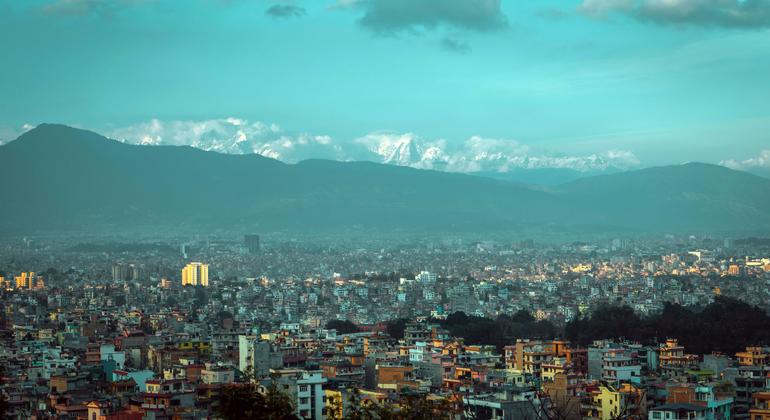Nepal: New transitional justice law supports broader truth-seeking


“Eighteen years since the end of a decade-long conflict, and after many previous attempts to perfect such legislation, Victims of human rights violations are now closer to knowing the truth, accessing justice and receiving redress.”, Mr. Türk said.
The amended bill is called The Truth and Reconciliation Commission of Inquiry into Enforced Disappearances Act aims to ensure truth and accountability for serious human rights violations committed by all parties during the civil war in Nepal.
The Commission will also monitor reconciliation efforts and make recommendations to the Government for compensation, relief and support for victims and their families.
Civil War
The Nepalese Civil War took place between the Royal Nepal Army and the Communist Party of Nepal from 1996 to 2006. The civil war was characterized by severe human rights violations, leaving 13,000 people dead and 1,300 missing.
Throughout the war, the United Nations human rights office (OHCHR) has been recorded unlawful killing, enforced disappearance, torture, arbitrary detention, sexual violence, war crimes and crimes against humanity by both sides.
The conflict ended with a peace agreement that led to the abolition of the monarchy and the establishment of a federal democratic republic in Nepal. The peace agreement also ensured that the parties were committed to establishing the truth and ensuring that victims received both justice and reparations.
‘Global example’ of peaceful transition
Welcoming the passage of the new transitional justice law, Mr. Türk praised Nepal for becoming “a regional and global example of a successful peaceful transition towards democratic, constitutional and federal governance.”
He affirmed that his Office stands ready to support the Government of Nepal and its people in advancing “this important phase of the peace process”.
“Transitional justice is a powerful tool to break the cycle of violence and impunity, and a unique opportunity to re-examine some of the deeply rooted inequalities and discrimination that drive conflict,” the human rights chief concluded.




